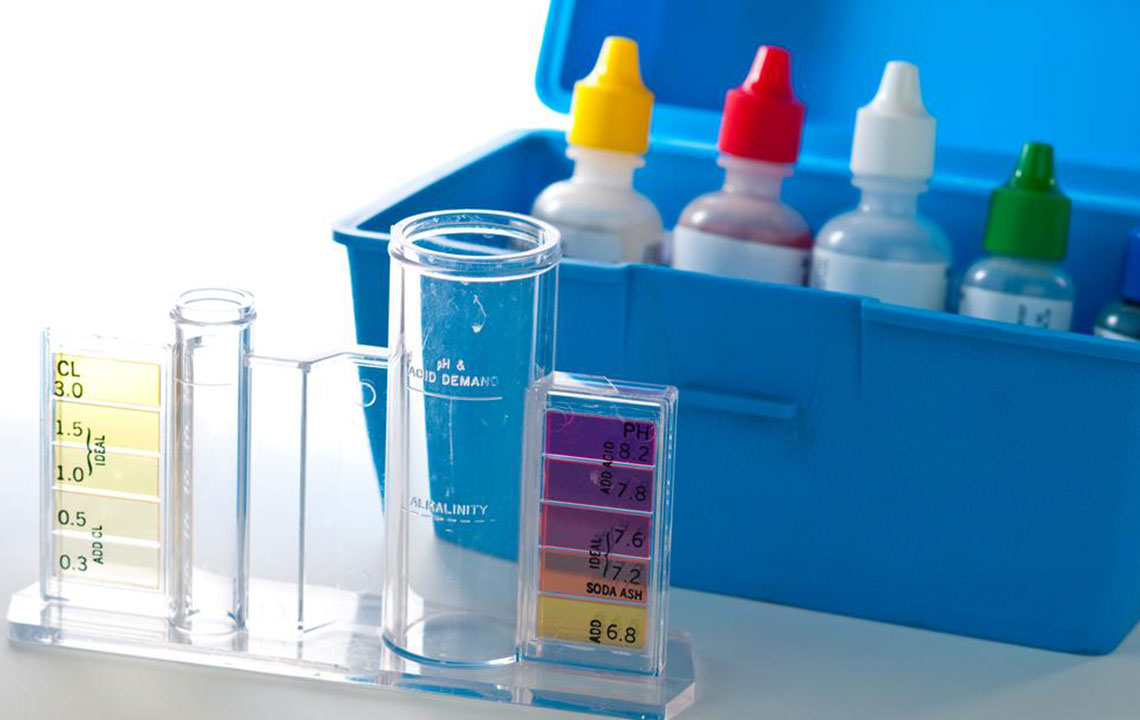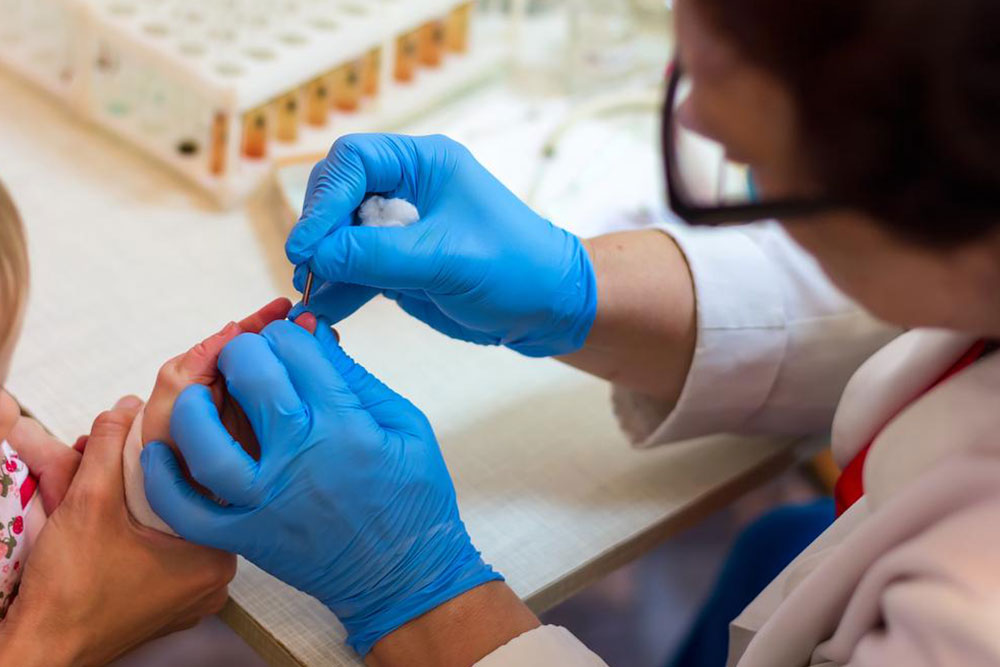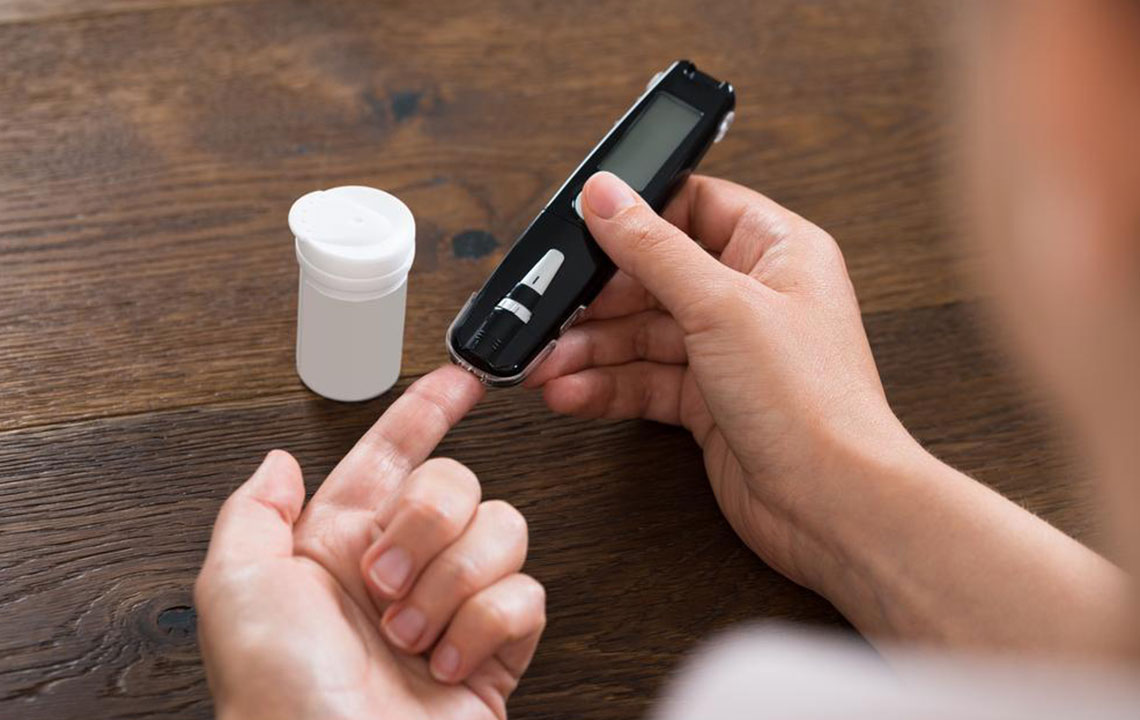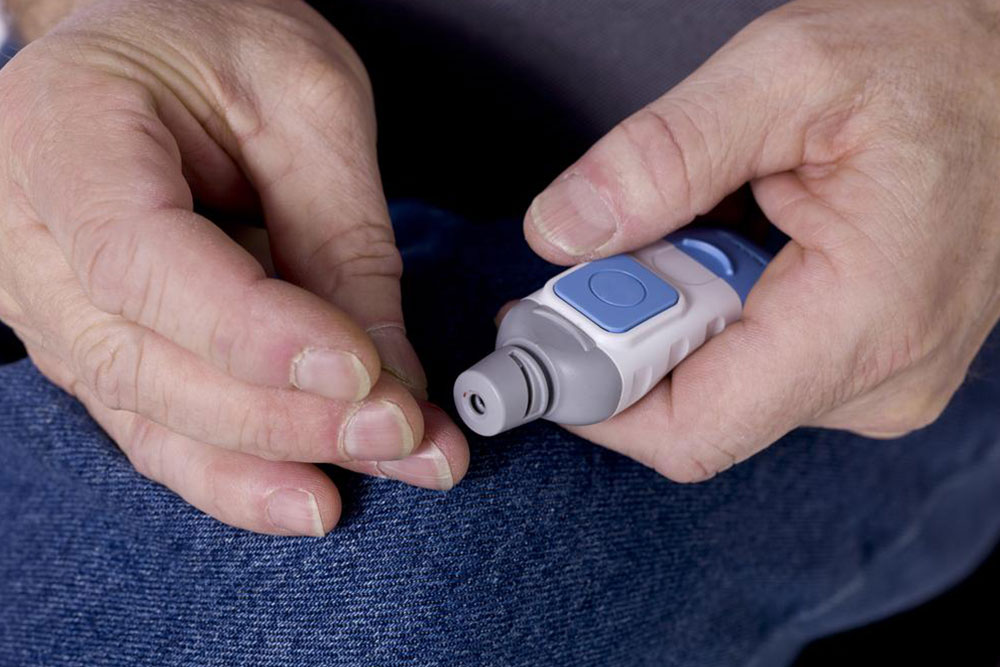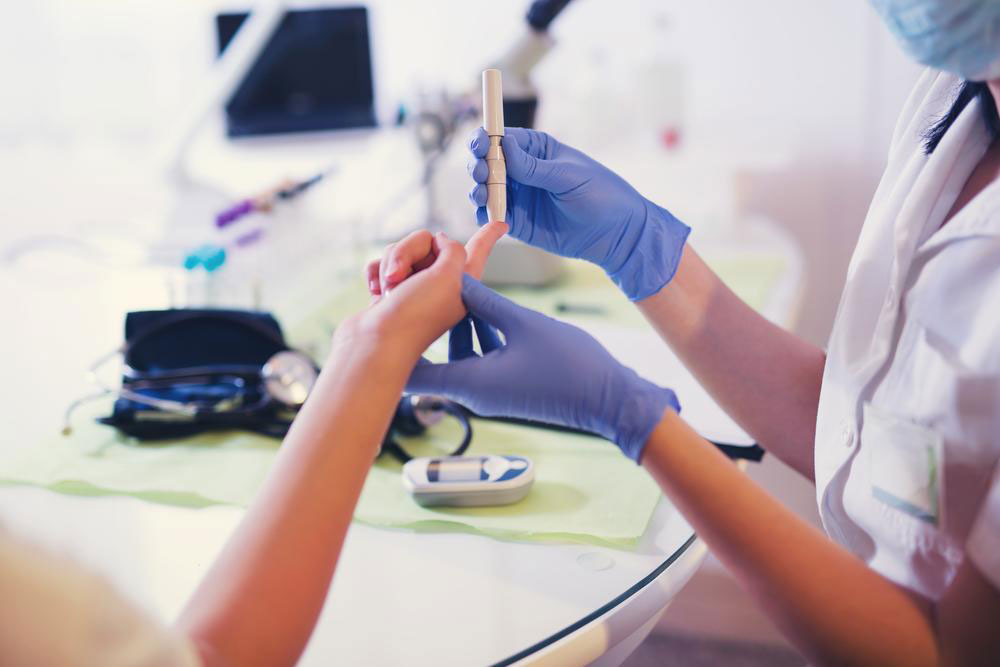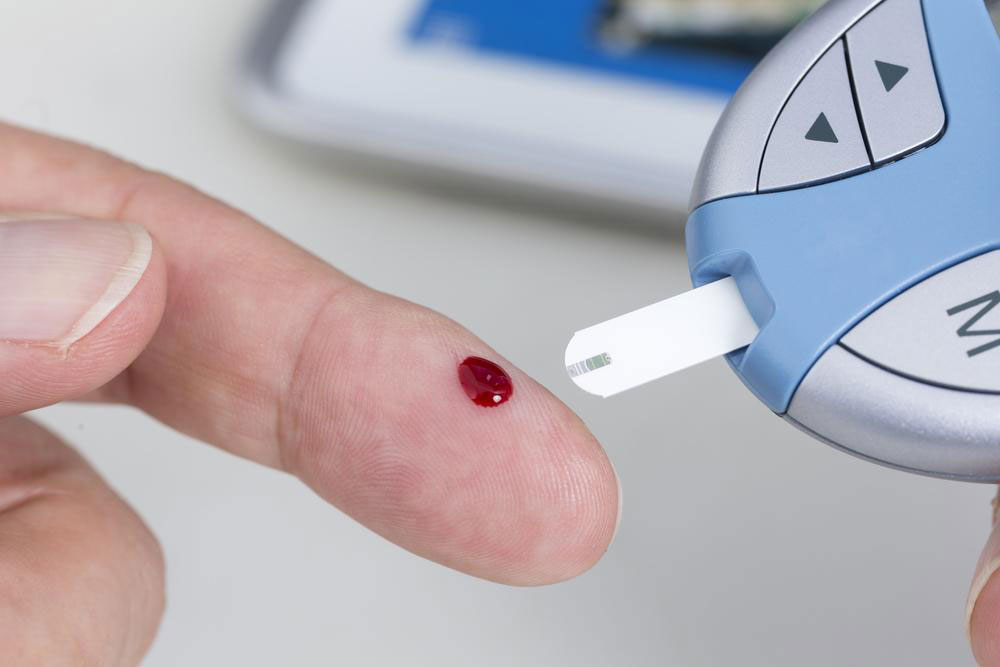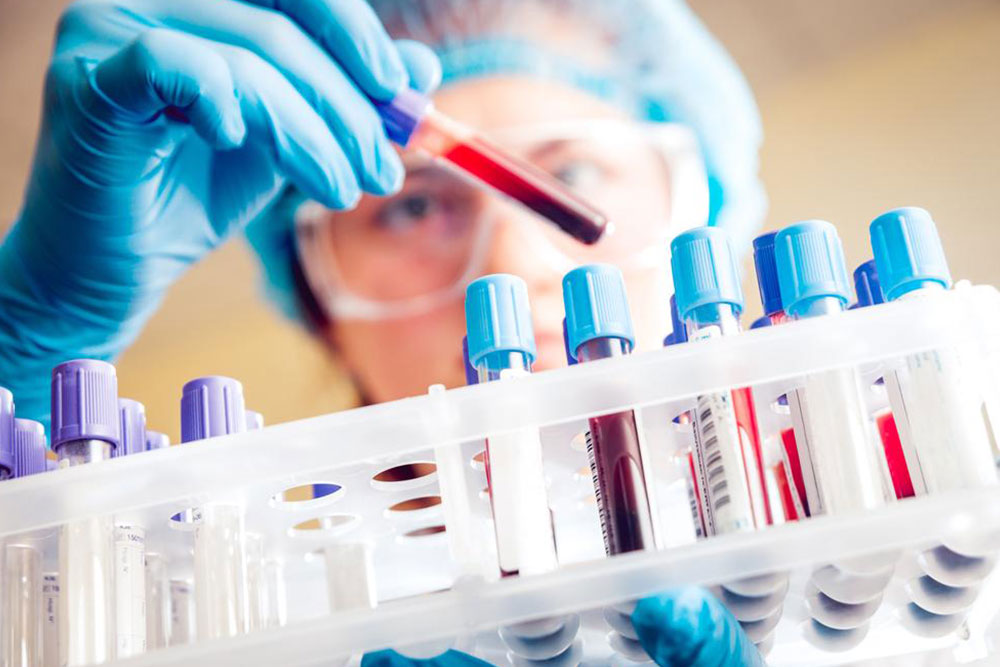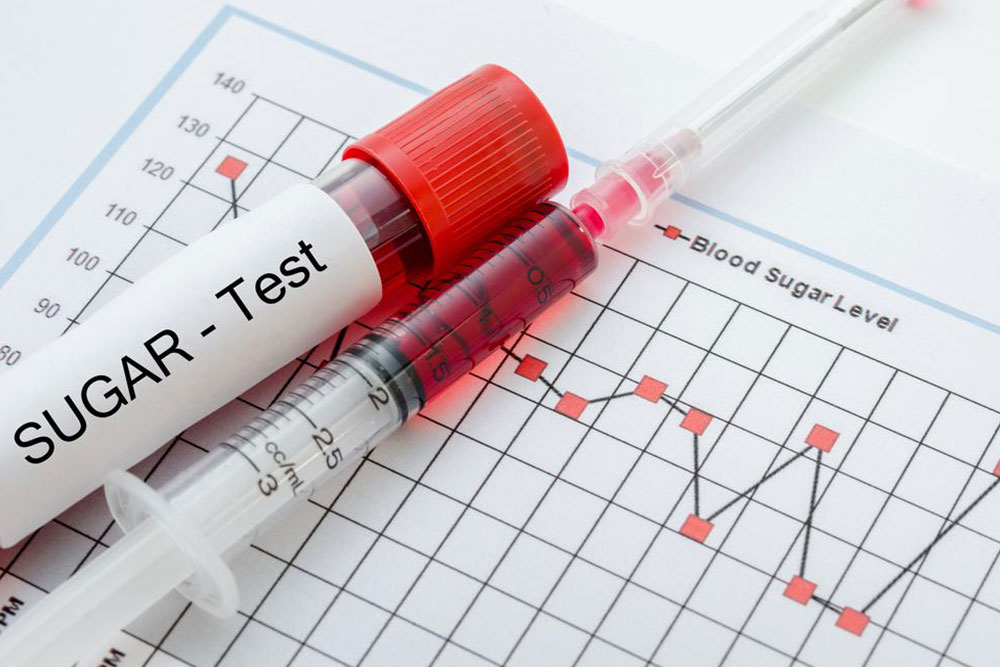Understanding Your Hemoglobin A1C Test: A Comprehensive Guide
This comprehensive guide explains the Hemoglobin A1C test, its importance, costs, and who should get tested. Learn how the test works, potential expenses with or without insurance, and the significance of early detection in managing diabetes effectively. Stay informed to better monitor your blood sugar levels and reduce health risks.

Understanding Your Hemoglobin A1C Test: A Comprehensive Guide
What is a Hemoglobin A1C Test?
The Hemoglobin A1C test is a diagnostic tool that gauges your average blood sugar levels over the past 3 to 4 months by analyzing your red blood cells. Since these cells regenerate every 3-4 months, this test offers insights into long-term blood glucose control. It helps identify your risk of developing diabetes and determine the type if diagnosed. Early detection allows for better management and prevention of complications.
Cost of Hemoglobin A1C Testing
The price for this test varies based on location. Generally, costs range from $28 to $49 in some areas, while others may charge around $100. Conducting a local search can provide specific pricing details in your vicinity.
Without insurance: The expense tends to be higher without coverage, with a single test costing approximately $100, and multiple tests potentially reaching $1500. Since monitoring may require frequent testing, the costs can add up over time.
With insurance: Many insurance plans cover the test, reducing out-of-pocket expenses. However, coverage levels differ, so verify your policy details for potential costs.
How the Hemoglobin A1C Test Works?
Hemoglobin A1C, also called glycated hemoglobin, forms when glucose binds to hemoglobin in red blood cells. The test measures the percentage of glycated hemoglobin, providing an estimate of blood sugar control over time. Besides diagnosing diabetes, it can also detect prediabetes, prompting early intervention.
Who Should Consider Getting Tested?
Diabetes is a chronic condition requiring lifelong management. Early detection is crucial, especially for those at increased risk. Individuals who are obese should undergo testing, as obesity significantly raises the risk for diabetes and other cardiovascular or blood-related diseases. Overweight individuals and those with a family history of diabetes should also consider testing, as genetics and weight play a key role in susceptibility. Identifying elevated blood sugar early allows for lifestyle modifications to prevent or delay disease progression.

